On the morning of October 29, during the discussion session at the Hall on the results of the implementation of the socio- economic development plan for 2025 and the expected plan for 2026; the results of the implementation of the National Assembly's resolutions on the 5-year plan for the period 2021-2025: socio-economic development; economic restructuring..., many National Assembly deputies proposed to soon have an appropriate salary policy so that civil servants and public employees can work with peace of mind; along with a mechanism to evaluate and screen out cadres who do not meet the requirements of the task.
Need a mechanism to screen out weak officials and a reasonable compensation policy
Discussing the results of implementing the two-level local government model, delegate Mai Van Hai ( Thanh Hoa ) commented that this is a comprehensive and profound reform that has been implemented very drastically and flexibly; and has received attention, support, and high appreciation from cadres, party members, voters, and people.
After nearly 4 months of operation, this model has been basically smooth, creating convenience in handling administrative procedures for people and businesses, promoting socio-economic development, and ensuring national defense and security at the grassroots level.
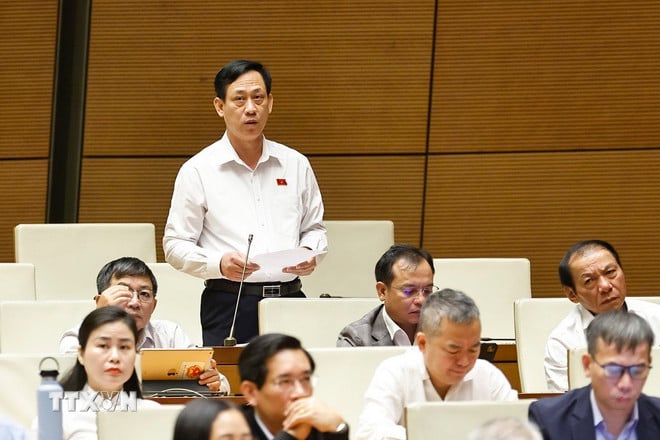
National Assembly delegate of Thanh Hoa province Mai Van Hai speaks. (Photo: Doan Tan/VNA)
However, there is still a shortage of staff, especially in some mountainous communes, border areas, and remote areas that lack staff with specialized expertise in land, construction, accounting, and information technology.
The capacity of some staff has not met the requirements of the task. While the workload is large and the pressure is high, the policies and regimes have not been improved accordingly.
Delegate Mai Van Hai proposed that the Government continue to direct the re-evaluation of the implementation of decentralization and delegation of power to communes, wards, and special economic zones to make adjustments suitable to the current commune model.
"In the immediate future, it is necessary to have a salary policy for communal civil servants so that they can work with peace of mind. At the same time, it is necessary to issue regulations to evaluate civil servants based on work results, and have a mechanism to screen or replace cadres who do not meet the requirements of the task," delegate Mai Van Hai suggested.
Also concerned about this issue, delegate Duong Van Phuoc (Da Nang) said that the two-level local government model is affirming its correctness and initially promoting positive effects.
However, there is still a situation where some cadres have not been arranged in a uniform, professional manner, with the same level, capacity and quantity. Some communes have a surplus of cadres and civil servants up to several dozen people, but some communes and localities have a serious shortage of cadres, especially communes in difficult mountainous areas such as border and island areas, where some places lack from 7 to 14 cadres.
"Commune-level civil servants work under a lot of pressure, 2-3 times more, but the policies and regimes have not changed, are still very low, and do not encourage and motivate cadres to work with peace of mind," delegate Duong Van Phuoc frankly stated.
Delegates proposed to promptly issue missing guidance documents, amend and supplement overlapping regulations; issue clear decentralization, delegation and authorization mechanisms, creating conditions for localities to proactively perform tasks.
At the same time, continue to invest in synchronously upgrading infrastructure, information technology, and digital transformation in administrative management for commune level, especially in remote, border, and island areas.
The Ministry of Home Affairs shall soon survey and develop job positions and minimum staffing frameworks to serve as a basis for staffing at the commune level; advise the Government to issue appropriate salary mechanisms to encourage commune-level civil servants to feel secure in their work and attract cadres to work in difficult areas; train and foster professional expertise and skills for cadres according to job positions.
Delegate Mai Van Phuoc emphasized that the success of the new model depends on synchronous institutions, capacity, responsibility, and modern technical and technological infrastructure.
“The Party and State need to strengthen the direction of shifting thinking from administrative management to state governance. This is a revolution in cultural and institutional thinking,” the delegate emphasized.
Proposal to increase basic salary from January 1, 2026
Discussing this content at the Hall, delegate Tran Quoc Tuan (Vinh Long) said that in the context of many fluctuations in the world's political economy, Vietnam is a "bright spot going against the global flow" as assessed by prestigious international organizations.
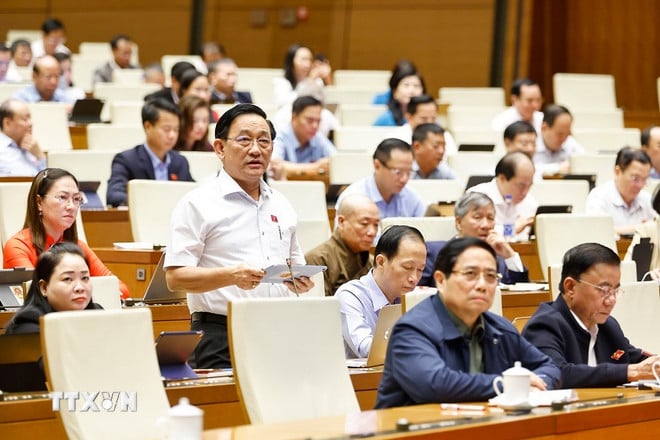
National Assembly delegate of Vinh Long province Tran Quoc Tuan speaks. (Photo: Doan Tan/VNA)
However, voters nationwide hope that the Party and State pay more attention to salary policies and the lives of cadres, civil servants and public employees to ensure motivation to serve the people.
According to the delegate, after nearly 4 months of implementing the two-tier local government model, the administrative apparatus has become “lighter” in terms of focal points, but “heavier” in terms of work. Officials and civil servants in many localities, especially at the grassroots level, have to “work further, do more work, but their income is still not better”.
The actual income of cadres, civil servants and public employees is being clearly affected because the basic salary has not been adjusted accordingly, while living and travel expenses have increased after the reorganization of the two-level local government apparatus.
Although not yet alarming, it has directly impacted the income of public servants, who shoulder the work of the people, which is shrinking day by day."
The basic salary of 2.34 million VND/month applied from July 1, 2024 to now, if compared with the current cost of living, is clearly no longer suitable. On average, just the minimum living expenses such as food, transportation, electricity and water bills, children's tuition... in urban areas have exceeded 4.5-5 million VND/person/month," discussed delegate Tran Quoc Tuan.
Believing that "improving the lives of officials means improving the quality of the apparatus", delegate Tran Quoc Tuan proposed that the National Assembly and the Government consider adjusting the basic salary increase from January 1, 2026 - not waiting until mid-year like previous periods./.
(TTXVN/Vietnam+)
Source: https://www.vietnamplus.vn/de-xuat-co-che-tien-luong-phu-hop-de-cong-chuc-vien-chuc-yen-tam-cong-tac-post1073504.vnp



![[Photo] Prime Minister Pham Minh Chinh chaired a meeting to evaluate the operation of the two-level local government model.](https://vphoto.vietnam.vn/thumb/1200x675/vietnam/resource/IMAGE/2025/10/29/1761751710674_dsc-7999-jpg.webp)
![[Photo] Human love in the flood in Hue](https://vphoto.vietnam.vn/thumb/1200x675/vietnam/resource/IMAGE/2025/10/29/1761740905727_4125427122470875256-2-jpg.webp)
![[Photo] Prime Minister Pham Minh Chinh chaired a meeting to discuss solutions to overcome the consequences of floods in the central provinces.](https://vphoto.vietnam.vn/thumb/1200x675/vietnam/resource/IMAGE/2025/10/29/1761716305524_dsc-7735-jpg.webp)

![[Photo] Hue: Inside the kitchen that donates thousands of meals a day to people in flooded areas](https://vphoto.vietnam.vn/thumb/1200x675/vietnam/resource/IMAGE/2025/10/29/1761738508516_bepcomhue-jpg.webp)

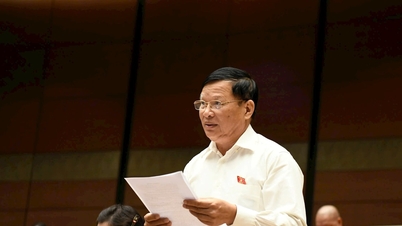



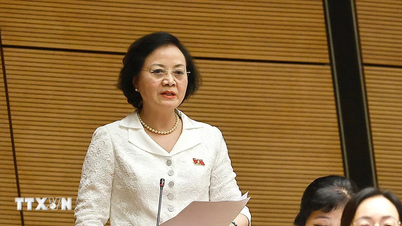
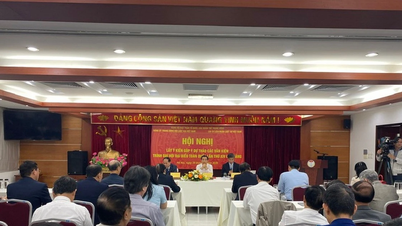
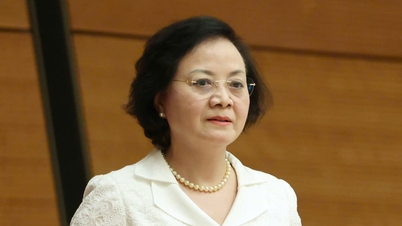

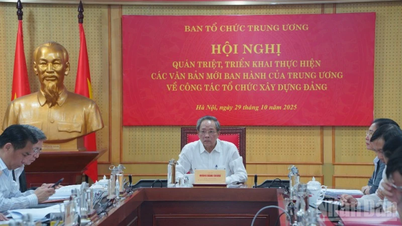



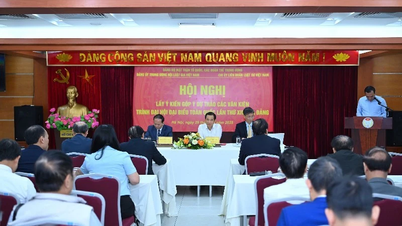
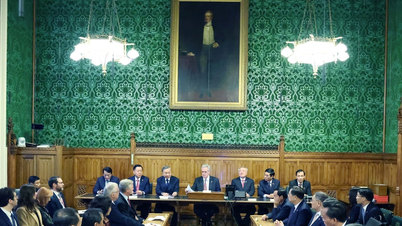
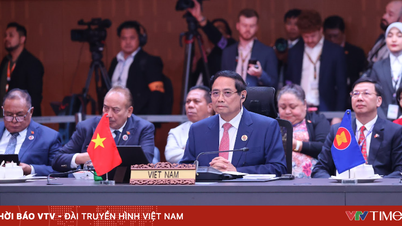







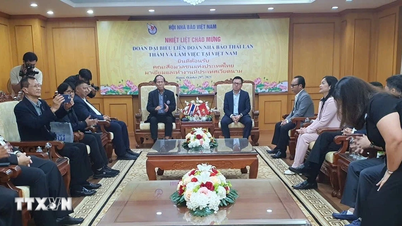

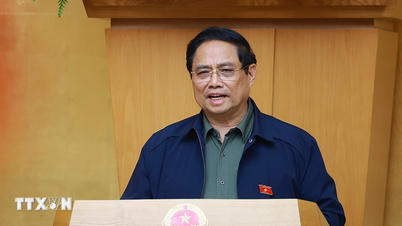
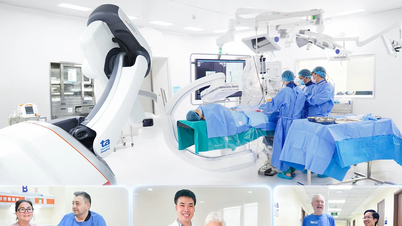


































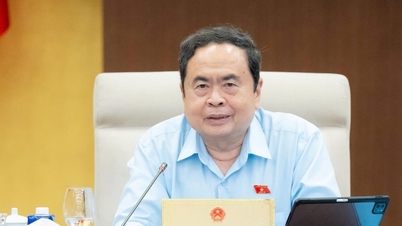
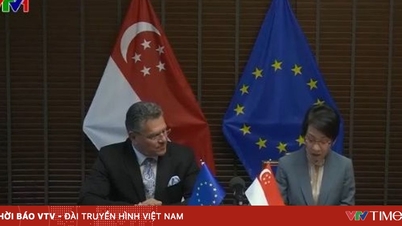
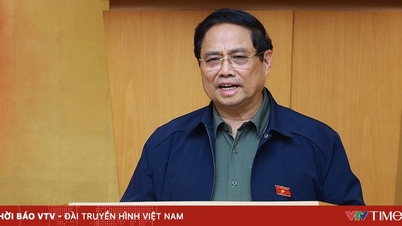
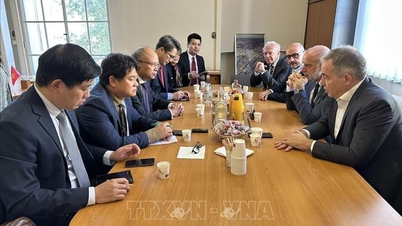
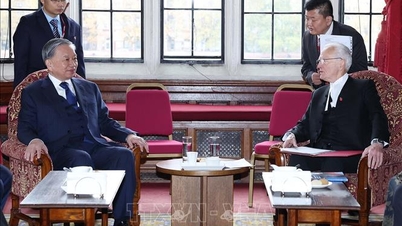



![[Live] Concert Ha Long 2025: "Heritage Spirit - Brightening the Future"](https://vphoto.vietnam.vn/thumb/402x226/vietnam/resource/IMAGE/2025/10/29/1761743605124_g-anh-sang-am-thanh-hoanh-trang-cua-chuong-trinh-mang-den-trai-nghiem-dang-nho-cho-du-khach-22450328-17617424836781829598445-93-0-733-1024-crop-1761742492749383512980.jpeg)



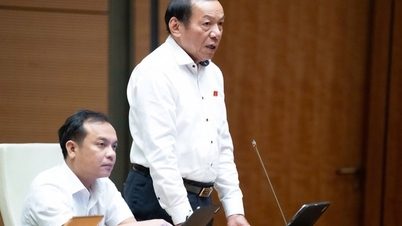
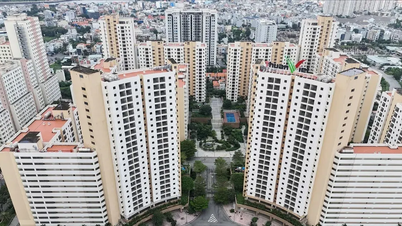






















Comment (0)